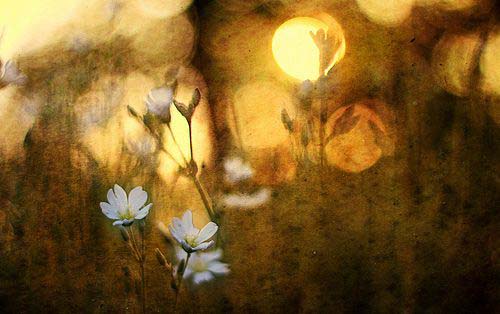Jungian Therapy & the Second Half of Life, 3: Time

Jungian therapy is shaped and informed by this awareness: no one can avoid the significance of time in the second half of life. In my earlier posts in this series on the second half of life, I focussed on open-ness and desire. For this post, I’d like to think about time, and its enormous impact on us
Our Finite Season
We become acutely aware that our time is limited in the second half of life, as Jungian therapy well knows. This gives a certain type of urgency to living. We have real choice about whether we will meet it with panic, denial and regret, or a sense of courage, self acceptance and engagement of creativity.
We are Creatures of Chronos
Many traditions have a time deity, to reflect its necessity, like Greek Chronos or Mithraic Aion. Human consciousness needs duration to even be aware of itself. We have to spend time to even feel that we are living. So how will we spend it?
Time, Change, Age
Time, change and aging profoundly affect our relationships
We confront these three in our bodies. We confront them in the self, as, in the second half of life, we become aware of possibilities that we have not lived out, and aspects of ourselves that we have not yet acknowledged — the unlived life.
However, there is also the possibility that, as we age, we may move towards a certain important kind of freedom.
Courage to “Waste Time”
Growing older, I may find that I am liberated from the tyranny of the expectations of others, and of the need to prove myself to others. This can be one of the genuine gifts of maturation through midlife and the second half of life. I may find that I need to have the courage to “waste time”, as the world might think of it, to remove myself from the busy-ness, and just to reflect on my life.
I will never forget a lawyer I know, who through Jungian therapy decided to leave the legal profession, after years of working incredibly gruelling hours. He told me, “The single most important thing that this experience has taught me? My time is the single most precious thing that I have.”
Learning how to live in the present, to be with yourself, to listen to yourself, and to foster soul. These can be key elements of case studies in the second half of life.
[cta]
PHOTOS: © Maria Paula Coelho | Dreamstime.com
© 2012 Brian Collinson


Patrick McCurry
I thought this was a nicely reflective post on the value of time and, in a countercultural way, challenging our society’s obsession with being ‘productive’. There needs to be a place for reverie and ‘doing nothing’ if we are to stay connected with our deeper selves.
Brian C
Thank you for your comment, Patrick. I fully agree with you that, to at least some extent, this is a counter-cultural message in our current world. While many cultures in the past seem to have been well aware of how essential it is for a person to just sit with him or herself, and connect with her or his inner life, our culture, with its heroic emphasis on doing, seems to have lost this fundamental human truth. I think that, as we age in particular, this is something that we need to rediscover and live out. Appreciate your thoughts, Patrick!